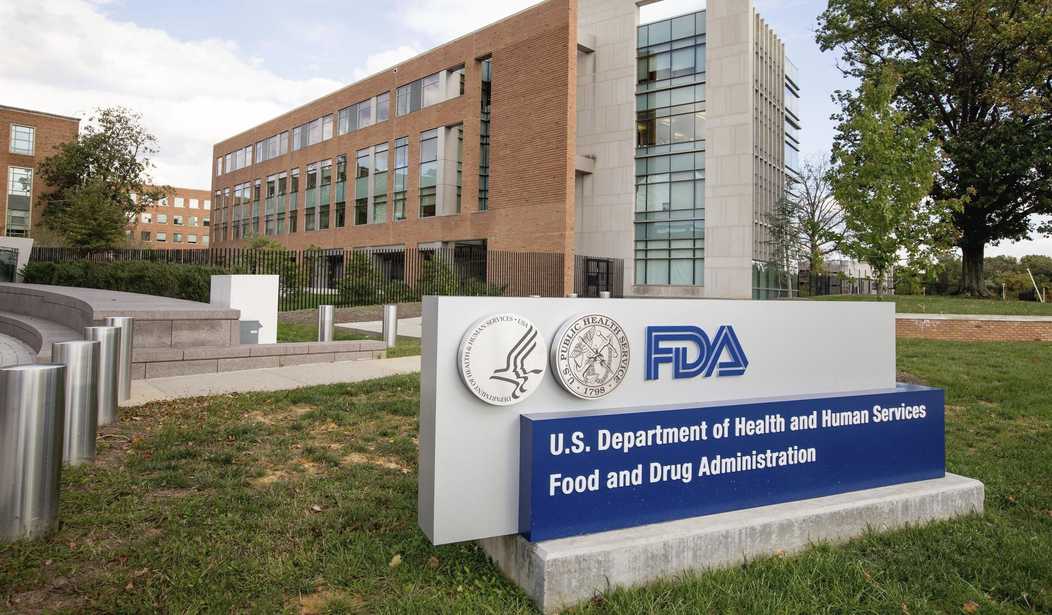The U.S. Food and Drug Administration is “responsible for protecting the public health.” Yet, when it comes to the more than 30 million adults who smoke, the FDA continues to endorse the sale of lethal combustible cigarette products while restricting access to significantly less harmful alternatives like vaping.
It may fall to the U.S. Supreme Court, Congress, or the incoming administration to compel the FDA to adhere to its public health mandate and embrace scientific evidence.
The FDA has regulated cosmetics, drugs, and food products for over a century. In 2009, the Family Smoking Prevention and Tobacco Control Act (TCA) expanded the FDA’s regulatory authority by establishing the Center for Tobacco Products (CTP), with broad regulatory powers over new tobacco products.
The TCA has notably restricted adult access to safer alternatives like e-cigarettes, heated tobacco, and oral nicotine products, despite that these products are significantly different than cigarettes in ways that directly affect the health of the user.
Cigarette smoking involves tobacco combustion, with temperatures reaching 1,600° F or higher. That breaks down tobacco into harmful chemicals, with about 70 cancer-causing chemicals present in tobacco smoke.
Technology has produced methods can heat tobacco without combustion (Heat Not Burn, AKA “HnB” technology), producing an aerosol that contains lower levels of toxicants compared to cigarette smoke. This alternate form of nicotine delivery reduces the levels of toxic chemicals that are present in cigarettes by over 90% on average.
Even the former Director of the FDA’s Center for Tobacco Products, Mitch Zeller, previously spoke to the merits of alternate forms of nicotine delivery, stating that “Newer and more novel forms of delivering nicotine…could be incredibly helpful to curtail cigarette smoking. At the end of the day, it’s not nicotine that causes disease and death. Shouldn’t we be thinking about various forms of nicotine delivery?”
Recommended
Furthermore, the FDA is also is on the record in the Federal Register stating that “FDA believes that the inhalation of nicotine (i.e. nicotine without the products of combustion) is of less risk to the user than the inhalation of nicotine delivered by smoke from combusted tobacco products.”
And yet, progress for consumers on these products has been painfully slow.
Under the TCA, any products introduced after February 2007 must submit what is called a Premarket Tobacco Product Application (PMTA) to be legally marketed in the U.S. Established products like cigarettes, cigars, and smokeless tobacco need only a substantial equivalence (SE) application. In 2016, the FDA classified new products, including e-cigarettes, as tobacco products, thus requiring PMTA submissions. E-cigarettes, first marketed in the U.S. in 2007 and lacking substantial equivalents, faced the PMTA requirement, with submissions due by September 2020.
The FDA received an estimated 26 million applications for these newly deemed products, predominantly for e-liquids used in vapor products. By March 2023, FDA had “made determinations” on more than 99 percent of the applications, “including authorizing 23 new e-cigarette products or devices, and issuing refuse to accept letters, refuse to file letters, or marketing denial orders for millions of products.” As of December 2024, FDA has issued 34 marketing orders for e-cigarette products, all of which are available in only tobacco and/or menthol flavor.
Several manufacturers challenged these massive denials in court, with eight cases reaching U.S. circuit courts. The Fifth Circuit found that that FDA had acted arbitrarily and capriciously, leading to a Supreme Court case. The Fifth Circuit addressed a “surprise switcheroo,” with the agency requiring differing studies and research than what was initially communicated to manufacturers.
During the oral argument, the majority of the nine justices seemed unpersuaded that the FDA had altered its approval standards mid-process, despite claims from two companies. Justice Brett Kavanaugh, appeared to be sympathetic to the agency’s position that it acted within the confines of the TCA. Other conservative justices were more skeptical of the argument, wondering whether the FDA had failed to give fair notice to manufacturers of the specific requirements needed to authorize flavored e-cigarettes.
A majority of justices have not shied from reining in the role of federal regulators, so there is still hope for a positive ruling, that is the case being remanded to the FDA to reevaluate the application. Additionally, Congress and the incoming Trump administration could potentially overhaul the TCA and its application process to better serve the 20 million American adults that use the affected products.
The FDA's stringent approval process for these safer products overlooks this evidence. In 2023 alone, the FDA authorized over 660 combustible cigarette products while failing to approve any new e-cigarette products, instead issuing thousands of penalties for unauthorized sales.
The FDA's failure to authorize safer alternatives has sown confusion among Americans, detrimentally impacting those who most need support. Studies from 2017 and 2022 revealed significant public misconceptions about nicotine and cancer, highlighting the urgent need for FDA reform.
The measly 34 FDA-approved products are insufficient and fail to meet market demands. As a result, a black market is created as consumers turn to unregulated products that lack any formal process for safety standards and face general supply chain issues. That additional set of dangerous complications can be avoided if the FDA fully acknowledges the science behind tobacco harm reduction.
Whether it does so by its own volition, or at the hands of Congress and/or the judiciary, it will be a win for protecting the public health.
Mario H. Lopez is the president of the Hispanic Leadership Fund, a public policy advocacy organization that promotes liberty, opportunity, and prosperity for all.

























Join the conversation as a VIP Member